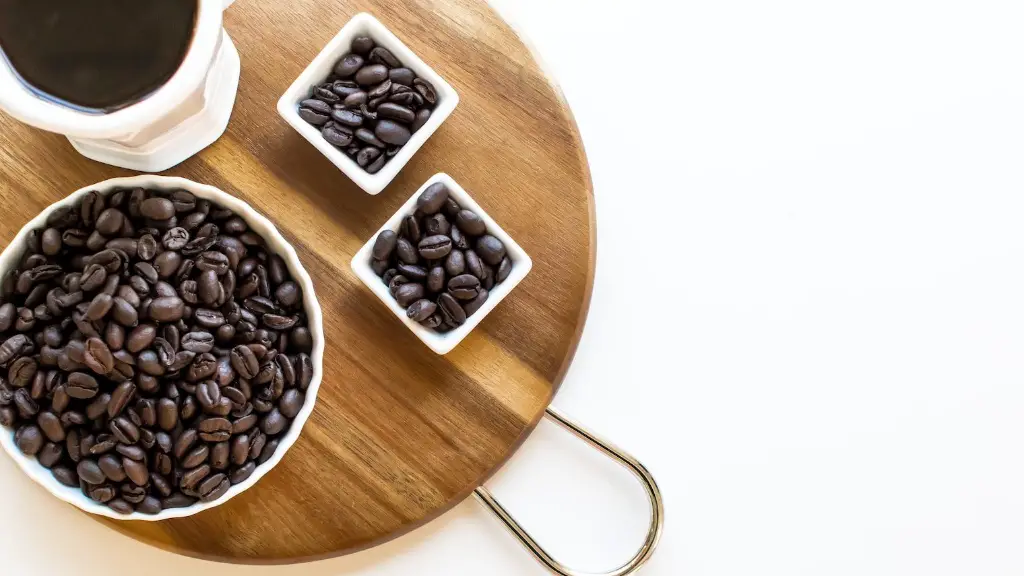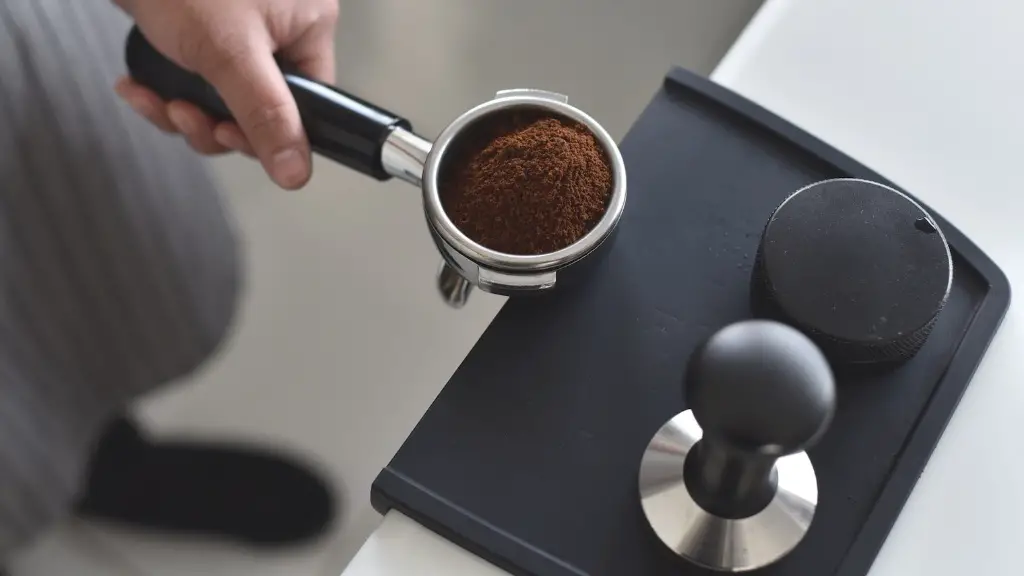For many people suffering from acid reflux, drinking coffee is often off the cards. But what about decaf coffee? Can it be consumed without causing any further problems?
Decaf coffee is less acidic than regular coffee and generally considered to be easier to digest. This can be an advantage for many people, including those with acid reflux, as it will reduce the chances of triggering heartburn symptoms.
While decaf coffee might be easier to digest, it still contains some caffeine. Caffeine has been shown to relax the lower esophageal sphincter, which can contribute to an increase in stomach acid. Some people with acid reflux may find that even small amounts of caffeine can trigger heartburn.
On the other hand, caffeine-free decaf coffee is a safer option because it will not affect the lower esophageal sphincter. However, it is important to note that decaf coffee still contains some acidity, so it can still lead to heartburn in some people.
Dr. Darush Djavid, MD, a board certified gastroenterologist and professor of medicine at Thomas Jefferson University, says that it may be possible for some people with acid reflux to have a cup of decaf coffee without any adverse effects. “If they have mild GERD, they may be able to drink decaf coffee without problems.”
Before consuming decaf coffee, it is important to speak to your doctor about the best course of action for managing acid reflux. If it is deemed safe for you to drink decaf coffee, it is important to understand how to best prepare and drink it.
Although decaf is less acidic than regular coffee, it should still be consumed in moderation. It is also important to avoid other caffeinated beverages such as tea, soda, and energy drinks, as these can worsen acid reflux symptoms.
Additionally, you should avoid adding any acidic foods or drinks to your diet, such as citric fruits and juices, tomato sauce, vinegar, wine, and lemon. These can increase stomach acid and worsen your acid reflux.
It is also important to watch what you eat in combination with your decaf coffee. Eating certain foods can either exacerbate or reduce the symptoms of GERD. Foods such as onions, chocolate, peppermint, and spicy foods can increase the chances of acid reflux. On the other hand, foods such as oats, apples, salmon, and leafy greens can help reduce the chances of experiencing symptoms.
Benefits of Decaf Coffee For Acid Reflux
Consuming decaf coffee can have some benefits for people with acid reflux. Decaf coffee is less acidic and can be better tolerated by people with GERD. Additionally, it is caffeine-free, which means that it won’t have a negative impact on the lower esophageal sphincter, which can worsen symptoms.
In addition to its digestive benefits, decaf coffee can also provide other health benefits. It can help protect against certain diseases, including heart disease, Alzheimer’s, and diabetes. It can also increase energy levels and alertness, as well as reduce the risk of certain types of cancer.
Due to its low acidity, decaf coffee can also be less irritating for those with GERD, compared to regular coffee. This means that it can help to reduce heartburn and other acid reflux symptoms.
How To Choose The Right Decaf Coffee
When purchasing decaf coffee, it is important to consider the source and origin of the coffee. It is important to select a coffee that is of high quality and has a low acidity level. The lower the acidity level, the better it is for those with GERD.
Additionally, when selecting decaf coffee, it is important to look for one that was processed using the Swiss Water Method. This method of decaffeination is chemical-free, leaving the beans in their natural state and preserving their flavor.
It is also important to look for organic decaf coffee. Organic coffee is grown without the use of harmful pesticides and chemicals. This helps to ensure that the coffee is free from contamination and more beneficial for those with GERD.
Finally, when selecting decaf coffee, it is important to choose one that is 100% Arabica beans. Arabica beans tend to be less acidic and provide a smoother taste, making them easier to drink and less likely to cause acid reflux symptoms.
Side Effects of Decaf Coffee on Acid Reflux
Although decaf coffee can offer certain benefits for those with GERD, it is important to be aware of potential side effects. In some cases, decaf coffee can cause bloating, stomach pain, and cramping for those with acid reflux.
Decaf coffee can also disturb the body’s natural balance of acid and alkali. Some experts suggest that drinking coffee, including decaf, can interfere with the body’s ability to absorb certain vitamins and minerals, such as iron, calcium, and vitamin B12.
Finally, it is important to note that some people with GERD may find that decaf coffee still triggers heartburn symptoms. It is important to pay attention to the body’s response to decaf coffee and adjust the diet and lifestyle accordingly.
Alternatives to Decaf Coffee For Acid Reflux
In addition to decaf coffee, there are other alternatives that can help to reduce symptoms of acid reflux. One option is to consume herbal teas which are naturally caffeine-free and low in acidity. Some examples include chamomile, ginger, licorice root, and peppermint.
Another option is to consume non-caffeinated drinks such as decaffeinated tea, water, and fruit juices. Additionally, it may be beneficial to consume probiotic drinks such as kefir, kombucha, and yogurt, which can help to reduce levels of stomach acid and improve digestion.
It is also important to pay attention to the foods that you eat. Avoiding spicy and highly processed foods as well as acidic foods and drinks can help to reduce acid reflux symptoms. Additionally, it may be beneficial to increase the intake of plant-based foods such as fruits, vegetables, nuts, and whole grains, as these can help to reduce levels of stomach acid.
Conclusion
Decaf coffee can be consumed by people with acid reflux, but it is important to understand how to best prepare and drink it. Additionally, it is important to avoid other caffeinated beverages, as these can worsen acid reflux symptoms. It is also important to watch what you eat in combination with your decaf coffee to help reduce symptoms. Alternatives to decaf coffee include herbal teas, non-caffeinated drinks, and probiotic drinks, as well as increasing intake of plant-based foods.





